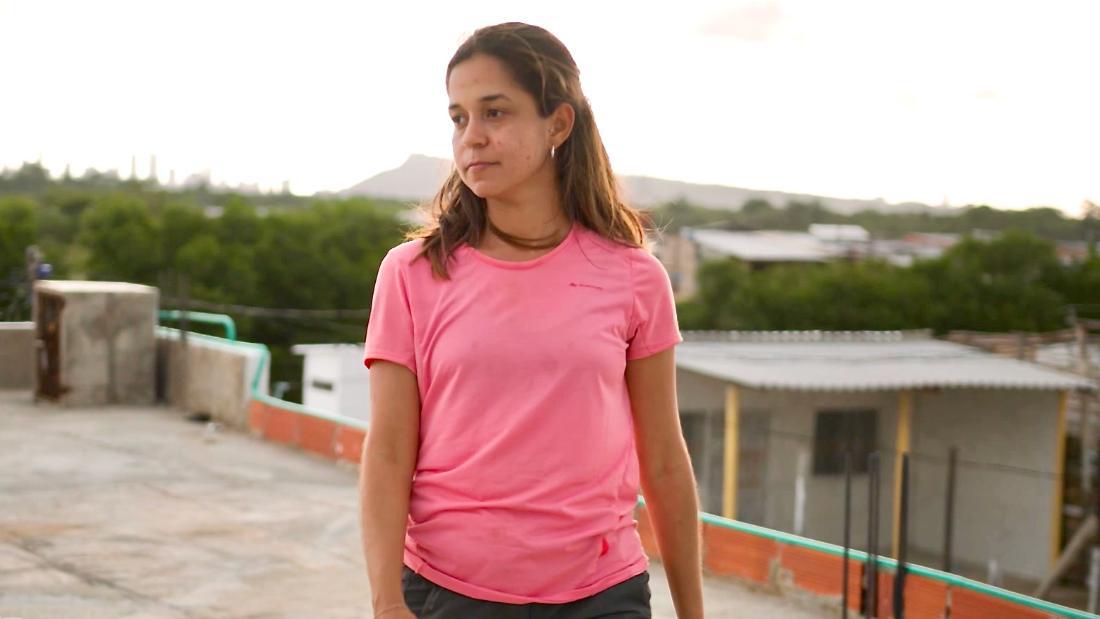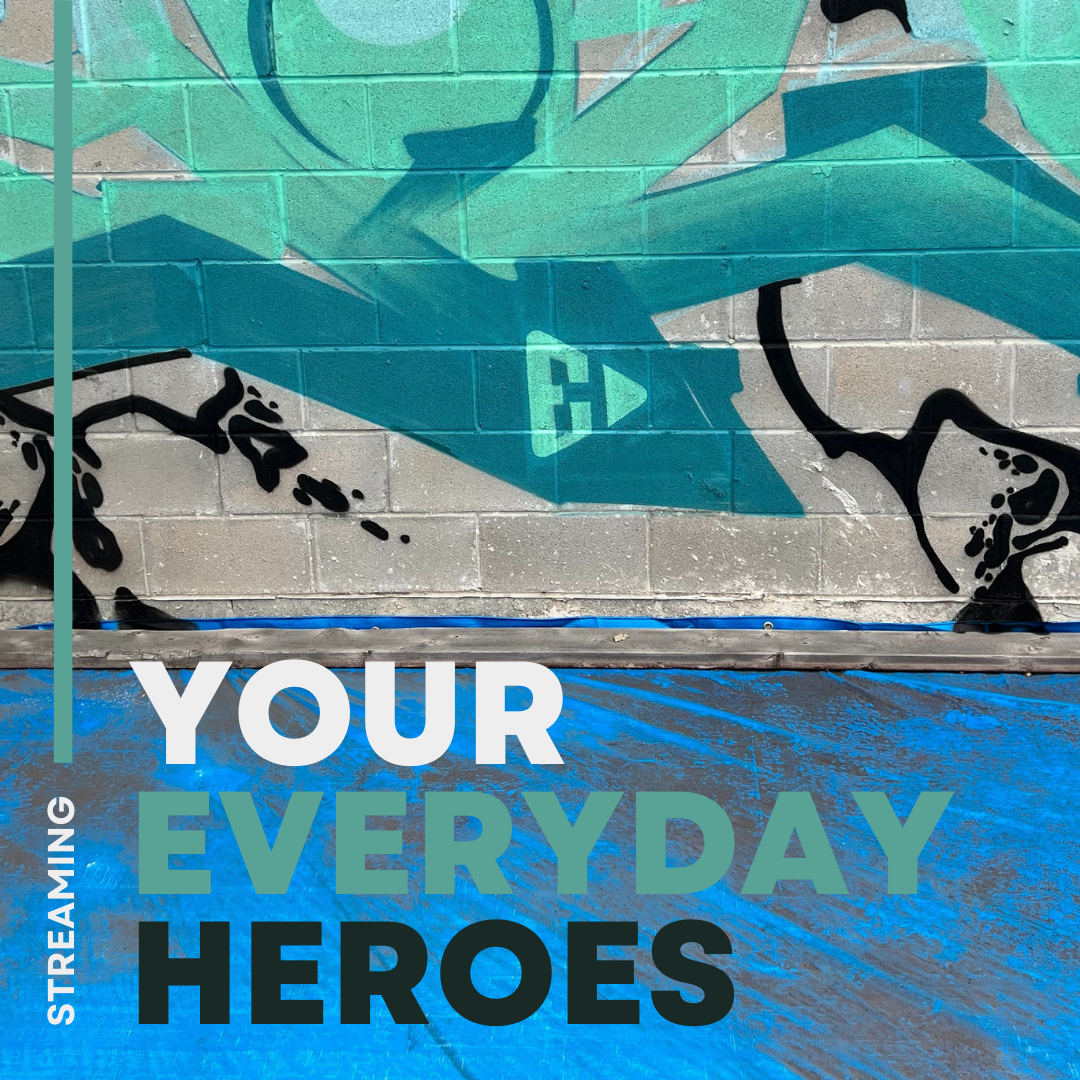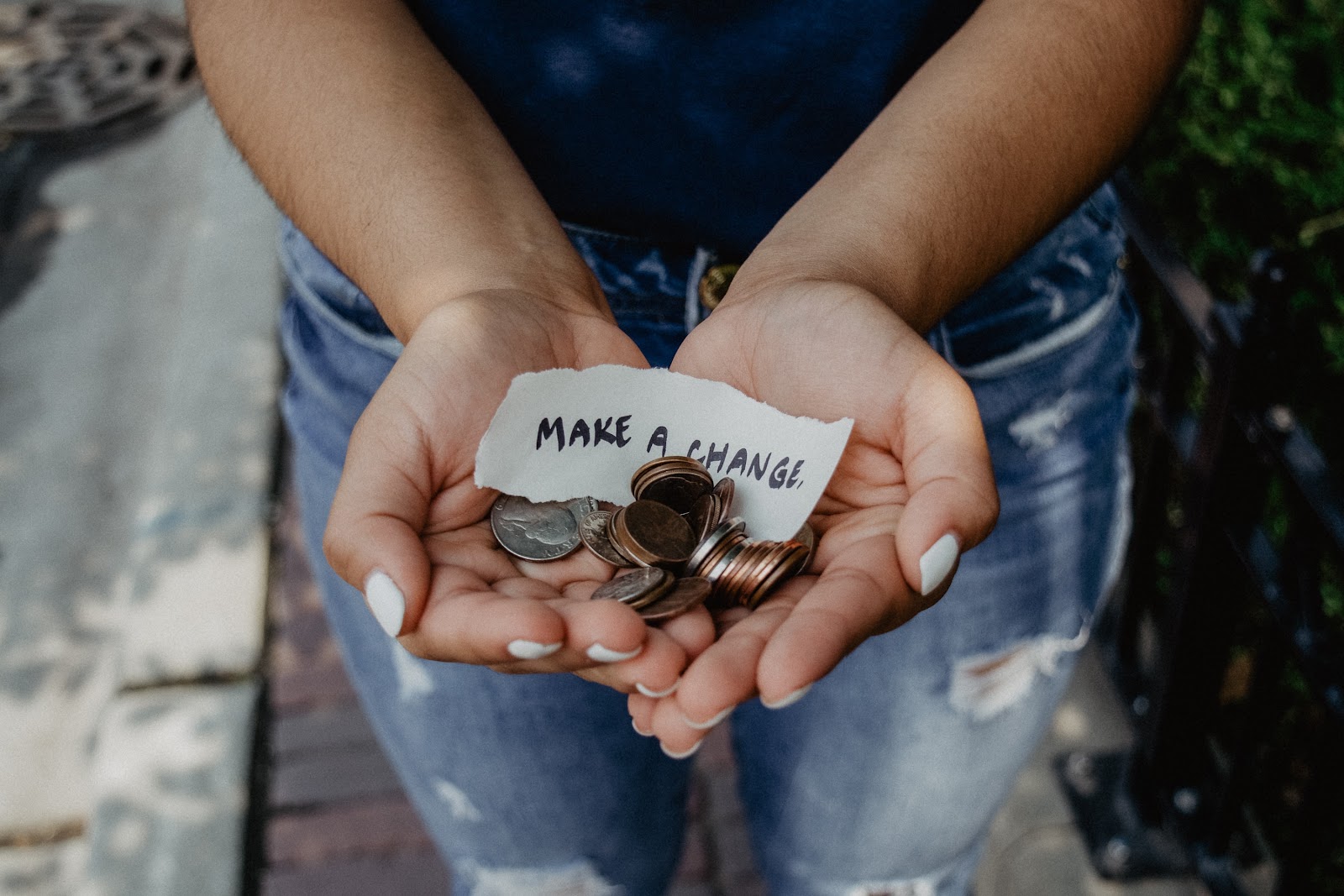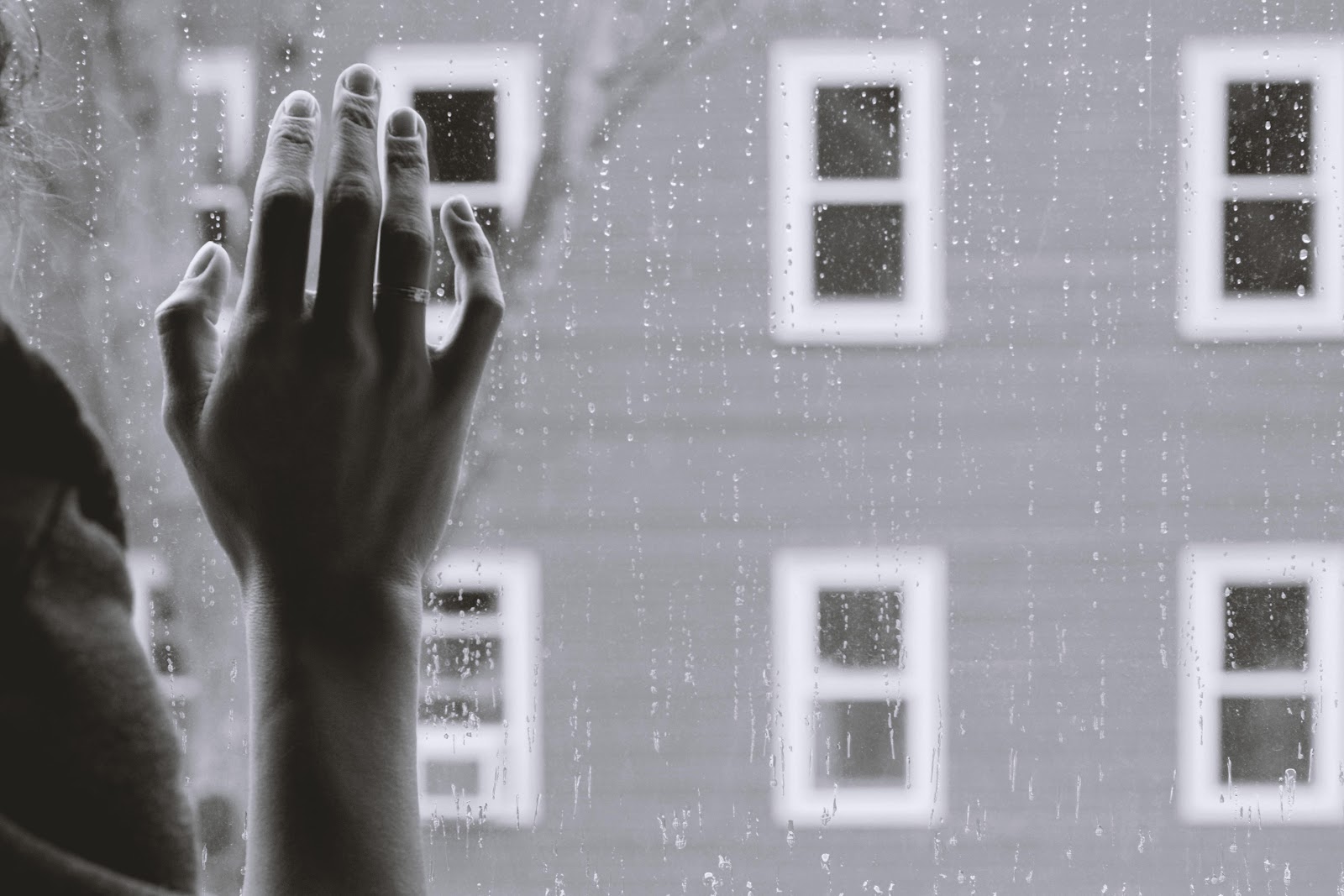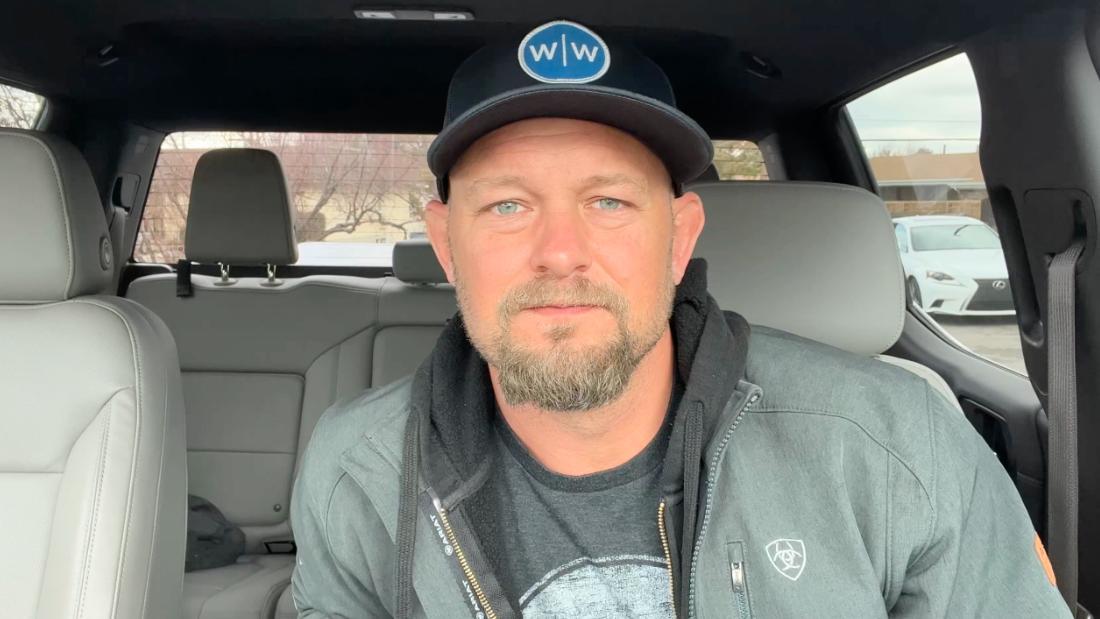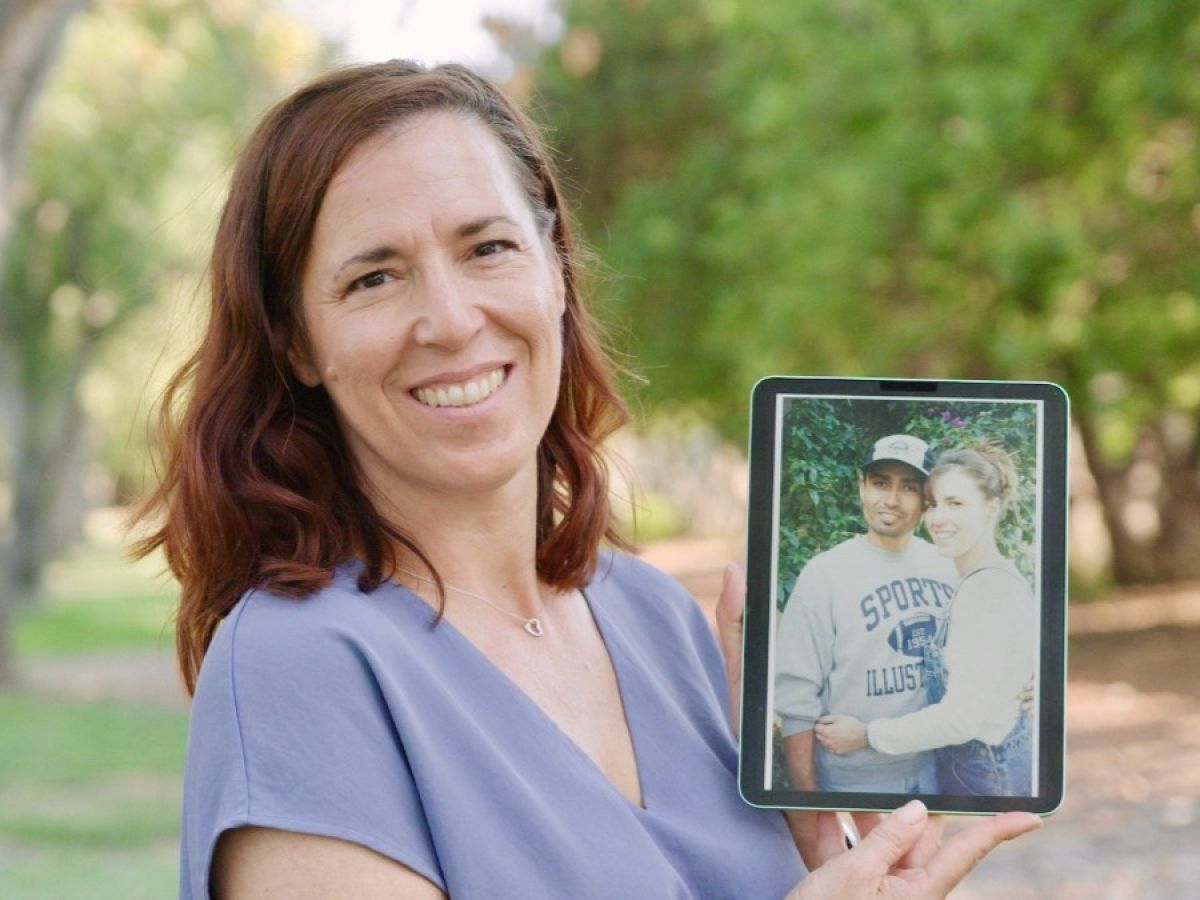Jenifer Colpas, a Colombian farmer, has been a champion for rural communities in difficult conditions with little access to vital services. A former coffee producer, she founded a nonprofit called Agua para la Vida (water for life) that builds pipelines and brings water to remote villages in Colombia’s Antioquia region.
In one of the villages Agua para la Vida is building for, 63-year-old María Andrea is thrilled about her new water pipe. She said she and her husband used to walk for two hours every day to retrieve water from a nearby river and then spend countless hours carrying it home in bottles. Now she can flip a switch on the outside of her house to get clean water.
Colpas said that when she returned to Colombia after studying in the United States, she was shocked by the conditions of many poor rural communities. For example, she saw children with rashes and sores on their heads because they had been forced to drink contaminated water. In 2011, she founded Agua para la Vida with her husband, Michael Springman.
The organization initially worked with Colombian farmers who had learned about sustainable agriculture techniques at a nearby school run by Springman’s family foundation. The farmers built well-organized water systems in their villages that the residents could maintain and own.
One of the first villages they helped was San José in the municipality of Villavieja. She said, “We were lucky because there were a lot of people who wanted to help. We were able to train locals and hire them, which is important because when foreigners come in, they take all the money away a lot of times. These kinds of projects have to be owned by the local community.”
In 2014, Agua para la Vida launched a pilot project in the municipality of El Tarra in northern Colombia, with funding from the Colombian government and aid groups. They built water pipes and sanitation systems so that the residents could collect clean water from public taps. However, many residents decided to use private wells for drinking water instead.
This prompted Colpas to make her services more flexible so that people would get water from public facilities if they wanted to. Colpas and Springman said they decided to target the municipality of Villavieja because it has one of the highest rates of water poverty in Colombia. The community was isolated and isolated by geography.
The road that goes through Villavieja is a barely-there dirt path, with broken-down vehicles lining the sides. Colpas says that when she first arrived with Agua para la Vida in 2013, they soon realized they could not design the systems for Villavieja properly because the soil was so poor. They had to figure out another way to improve the area’s water supply.
Colpas recruited local farmers and taught them about water treatment and filtration. Then she asked them to replicate the process in their communities. The farmers trained community members on how to install and maintain the systems.
They worked with a team from Agua para la Vida to create a map of each location to conduct regular visits to ensure everything was working correctly. After that, they began installing large wells with solar-powered pumps across the region. As of 2018, the organization had installed around 100 wells across the region.

